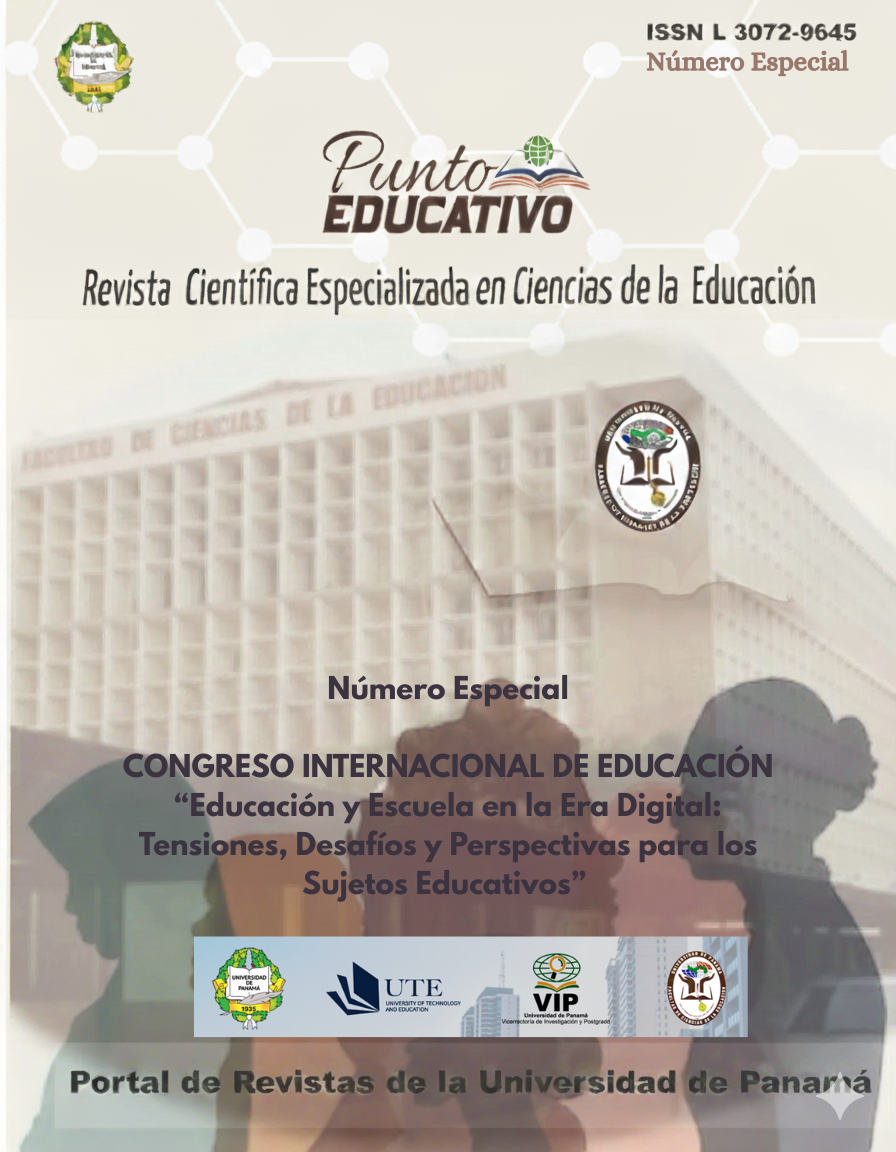

Copyright (c) 2025 Punto educativo

This work is licensed under a Creative Commons Attribution-NonCommercial-ShareAlike 4.0 International License.
The research aimed to analyze the importance of intercultural identity and emotional intelligence in the integral development of children within the educational context of Jamundí, Valle del Cauca; a qualitative methodology was employed, based on observations and interviews with educators and students, allowing for a deep understanding of cultural dynamics in the classroom. The outstanding finding was that the integration of intercultural practices and the strengthening of emotional intelligence significantly improved the school environment, promoting mutual respect and equity among students. The main conclusions indicated that intercultural education not only enriches learning but also fosters children's self-esteem and positive emotional development; the need to implement educational policies that recognize and value cultural diversity was emphasized, as well as the importance of training educators in intercultural competencies. This study highlighted the relevance of creating an inclusive educational environment that respects cultural differences, thereby facilitating meaningful learning and the integral development of each student. Furthermore, it was evidenced that promoting an inclusive environment benefits not only the students but also strengthens the educational community as a whole, creating a space where everyone feels valued and respected. In summary, the research underscored the need for an educational approach that integrates interculturality and emotional intelligence as fundamental pillars for the integral development of children in multicultural contexts.